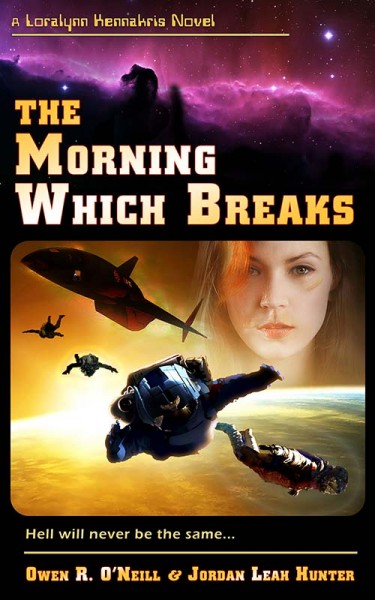The draft of The Morning Which Breaks is (finally!) ready for beta read and we are looking for beta readers!
A few notes: MWB is long! (Approximately 510 paperback pages.)
We prefer beta readers who have read the first book in the series (Alecto) and liked it, at least a somewhat. (If you didn’t like it, MWB is not going to be your cup of tea!) It is best if you’ve posted a review of Alecto either on Amazon or Goodreads, or at least have some reviews we can peruse.
PDF is the preferred format in which we’d like to distribute this. We can email it to you (preferred) or post it for you to download from our site.
There is a glossary providing definitions of terms, technical notes, some brief historical background and various other info, that will be attached to the published version, but it is not integrated with the beta draft. The glossary is itself about 100 pages (339 entries plus a biographical list of 91 characters). The glossary will be provided as a separate PDF, unless you don’t want it. The glossary is for your reference. We are happy to get feedback on it, if you like, but it is being reviewed separately, so don’t feel obligated to read the whole thing.
Please leave a comment here if you are interested, and we will email you to fill you in on additional details.
Thanks!



